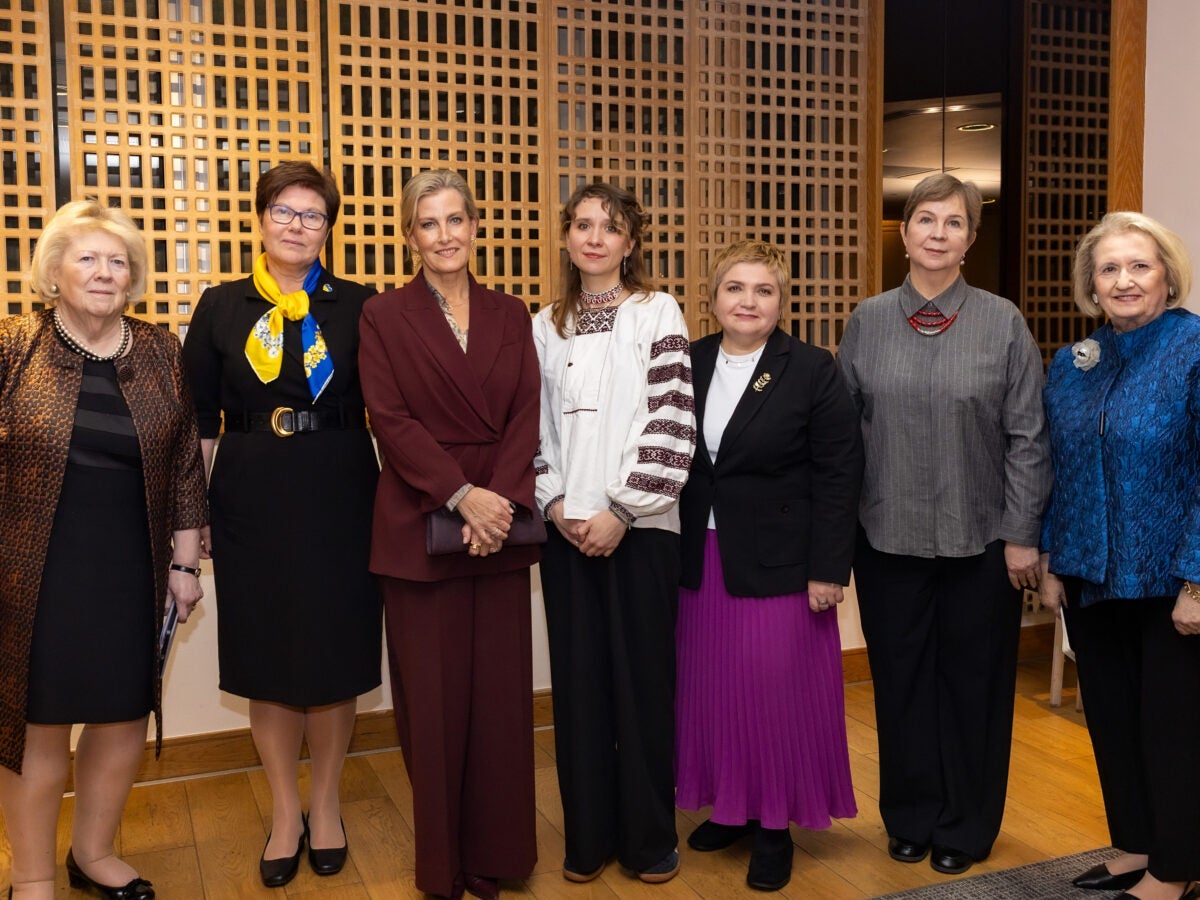Marking 3 Years of Taliban Oppression: Statement from the U.S. Policy Advocates for Afghan Women and Girls


Three years have passed since the Taliban seized power in Afghanistan. Since then, the situation for the people of Afghanistan has grown increasingly grave. The Taliban regime has created humanitarian, political, social, and economic disasters. These have directly affected the day-to-day lives of Afghans and caused mass displacement. Women and girls are particularly and disproportionately impacted. The Taliban has dispossessed them of their human rights. Afghanistan is indeed the most serious and severe women’s rights catastrophe in the world. Yet, the international community’s response has been tepid at best and conciliatory at worst.
The UN Special Rapporteur on the situation of human rights in Afghanistan, Richard Bennett, has repeatedly described the situation for Afghan women and girls as gender apartheid and suggests it should be considered a crime against humanity. In his latest report from June 2024, Bennett explains, “the Taliban’s institutionalized system of discrimination, segregation, disrespect for dignity and exclusion of women and girls constituted in and of itself a widespread and systematic attack on the entire civilian population of Afghanistan.”
The Taliban have instituted edicts that largely exclude women from public life. They have banned secondary and higher education and many forms of employment–– as well as placed restrictions on women working for the civil service, non-governmental organizations (NGOs) and the United Nations (UN). Women may not travel without a male chaperone or visit public places such as parks. Services for survivors of gender-based violence have been dismantled, and women’s access to health care severely compromised.
The Taliban have curtailed freedom of speech, beating and imprisoning women human rights defenders. The Taliban have also imposed restrictions on women’s reproductive rights, including the ban on contraceptives in major cities, limiting women’s autonomy over their own bodies. This ongoing repression and violence has led to a mental health crisis among Afghan women and girls, with rising rates of depression, anxiety, trauma, and suicide.
The Afghan economy has shrunk by over 25 percent, unemployment has doubled, and the country has been in a persistent liquidity crisis. The current economic crisis is exacerbated by Taliban policies. Denying half the population access to most employment, inevitably decreases the country’s economic productivity. The humanitarian needs of Afghans have also dramatically increased. While essential assistance is still being delivered, aid agencies contend with ongoing interference in their work by the Taliban.
Despite these egregious violations of women’s rights, there has not been a coherent, coordinated, and rights-based response to this crisis from the international community. The response has been piecemeal. It has lacked a commitment to upholding human rights and international law through concrete steps such as measures to hold the Taliban accountable for their abuses. Instead, the international community has engaged in a pattern of gradually accepting the Taliban’s violations of the rights of women and girls. This poses a dangerous trend toward the normalization of such abuses.
For example, in June and July of this year, the UN organized a meeting of special envoys of Afghanistan, the “Doha III” meeting. The two-day event aimed to interface with the Taliban on issues crucial to Afghanistan’s security and economic well-being. However, at the Taliban’s demand, not one Afghan woman was invited, the state of women’s rights in the country was not on the agenda, and Afghan civil society was not included. The meeting demonstrated the failure of the UN to live up to Resolution 1325, which requires diplomatic discussions about the future of a State to meaningfully include women. As a result of this deeply flawed approach, some women who were invited to attend side events at Doha III declined in protest, signaling their disapproval of such exclusionary practices.
The international community must do more to stand with Afghan women as they struggle to restore their human rights. The U.S. in particular needs to demonstrate solidarity with the Afghan people who are suffering under the Taliban regime and continue to call out the systematic oppression of women and girls in Afghanistan.
Recommendations
The international community should:
- Ensure Afghan women, civil society representatives, and minority groups are full participants in all diplomatic talks about Afghanistan.
- Ensure a primary goal of engaging with the Taliban is that every Afghan, regardless of gender, ethnicity, age, or identity, can fully enjoy the full range of their human rights. Human rights, including the rights of women and girls, should be the central focus of negotiations with the Taliban.
- Use all available tools to hold the Taliban accountable for past and ongoing human rights abuses. This should include: 1) Expressing support for the International Criminal Court’s investigation of the situation in Afghanistan; 2) Endorsing and supporting calls for the creation of a new UN investigative mechanism with a mandate to collect and preserve evidence of and advance accountability for past and ongoing crimes in Afghanistan, including at the UN Human Rights Council’s 57th session in September-October; and 3) Publicly supporting the recommendations of the UN special rapporteur on the human rights situation in Afghanistan, including by considering codifying gender apartheid as a crime against humanity.
- Pressure the Taliban to cease persecution and oppression of women human rights defenders. Push for accountability regarding abductions, imprisonment, and extrajudicial killings of women and girls.
- Support humanitarian agencies in their efforts to ensure assistance reaches Afghan women and girls.
The United States government should:
- Prioritize the needs and concerns of Afghan women in every policy decision related to Afghanistan. Ensure that U.S. decision-makers continuously and meaningfully consult a diverse group of Afghans, including both women inside the country and in the diaspora.
- Increase humanitarian aid to Afghanistan, ensuring that sufficient assistance reaches women, girls, and other marginalized populations. Make long-term commitments to sustain that aid.
- Institutionalize the office of the Special Envoy for Afghan Women, Girls, and Human Rights, ensuring that the position continues and is adequately funded, no matter what administration is in office.
- Improve and increase pathways for Afghan women and girls to be resettled to the United States. Strengthen support for Afghans following their arrival, focusing on the needs and capabilities of women and girls. This should include implementing a client feedback system that ensures transparency and accountability.
- Ensure funding for women-led civil society organizations within Afghanistan, empowering them to respond to Afghanistan’s pressing challenges. Additionally, support Afghan women-led initiatives in exile.
- Adhere to the U.S. Women, Peace, and Security Act and Strategy that mandates the inclusion of women in peace negotiations. Similar to the international community’s commitments under UNSCR 1325, the U.S. government must also ensure Afghan women are present and meaningfully included in any and all negotiations with the Taliban.
It has been three years since the Taliban violently took control of Afghanistan and the crisis for women and girls continues to deepen. The international community, including the U.S., has done far too little to stand with Afghan women and girls, uphold their rights, and ease their suffering. It is time to do better.
Explore More

“No Amnesty, No Silence:” Ukrainian Women Urge Accountability for War-Time Sexual Violence
Last week, the Georgetown Institute for Women, Peace and Security (GIWPS) brought…

Guerras y conflictos tienen en jaque los derechos de las mujeres en…

One Year After the Transition: Syrian Women Reflect on a Fragile Opening…
One year after the fall of the Assad regime, the Georgetown Institute…